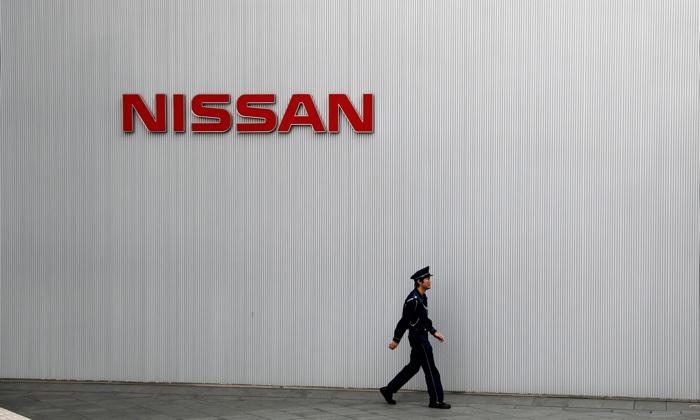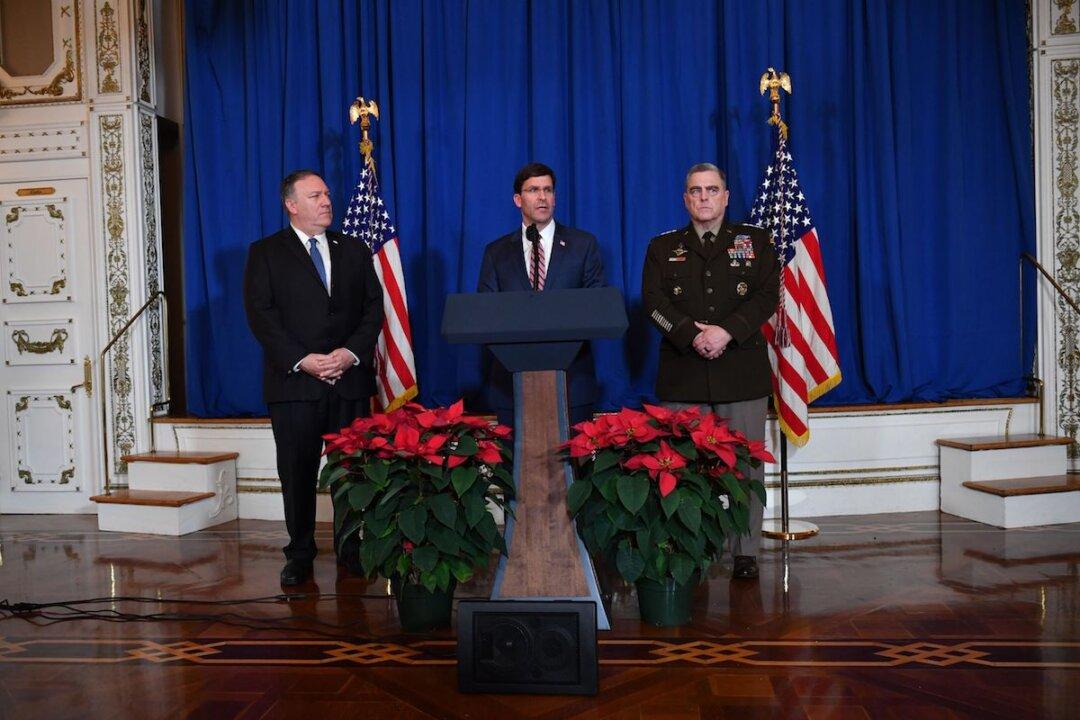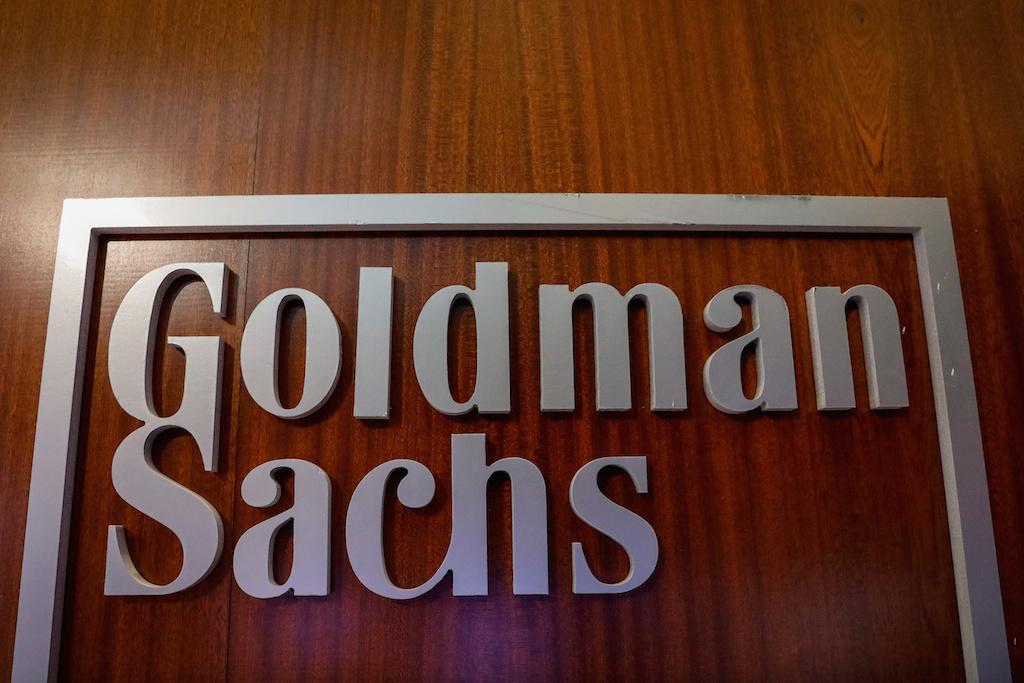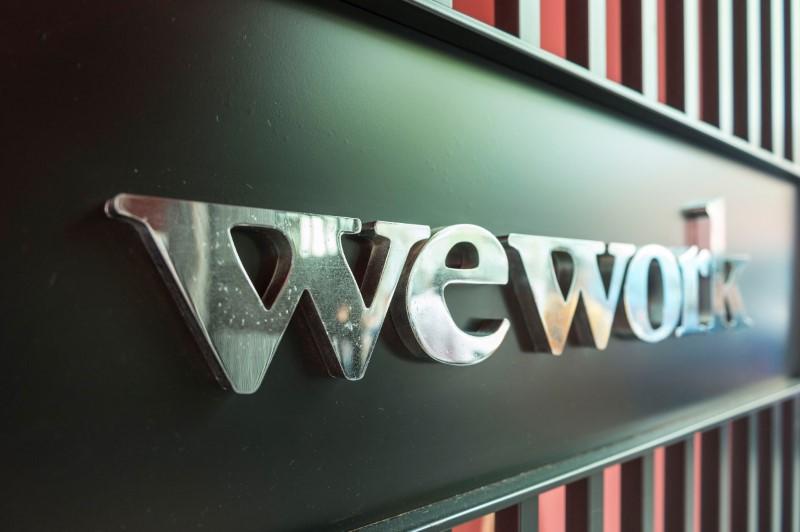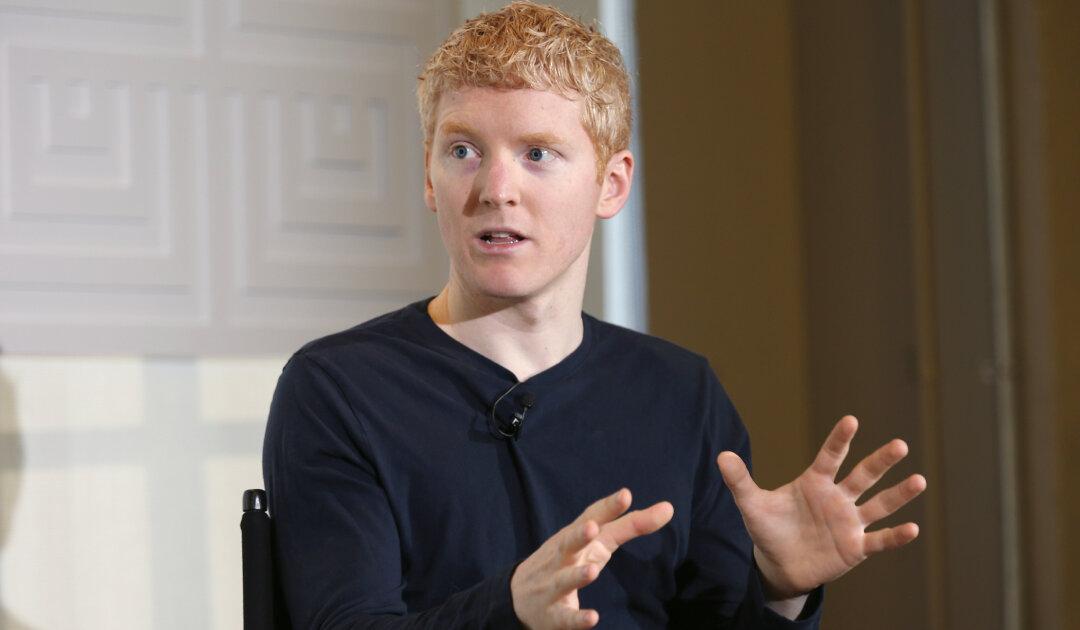Only once before has a leader of Nissan Motor Co. inherited challenges as monumental as those confronting Makoto Uchida, during his first week as chief executive officer. The last time Nissan faced an existential crisis was two decades ago, when it was on the verge of bankruptcy and was rescued by Renault SA, which took a stake in the Japanese carmaker and sent in Carlos Ghosn to turn it around. Ghosn later added Mitsubishi Motors Corp. to the pact, which became the world’s biggest carmaking alliance under the former chairman and CEO.
Once again, Nissan needs to get its business in order. And fast. Ghosn’s arrest a year ago on charges of financial crimes unleashed corporate infighting and damaged Nissan’s relations with Renault. Profits are at decade lows, 12,500 jobs will be cut and there are few new models to refresh an aging product lineup. Autonomous vehicles and electrification are poised to disrupt the industry in a once-in-a-generation shift.
